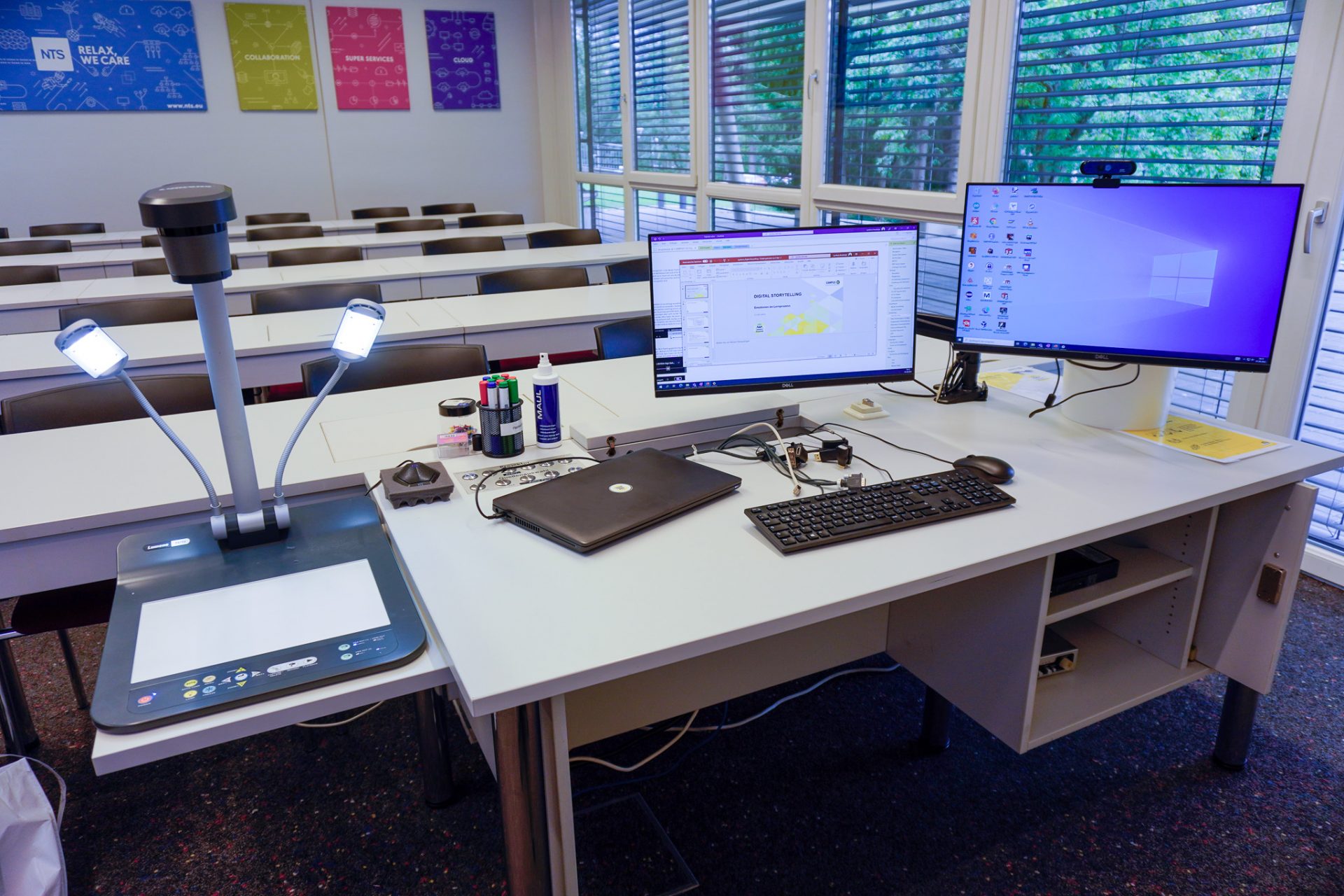
Digitalisation in teaching and studying means much more than streaming lectures, holding seminars online or being able to download course materials.
We understand this to mean, on the one hand, a penetration of existing teaching and learning processes through the optimal use of innovative digital tools and applications. On the other hand, our students should also acquire digital skills as part of the courses and thus be trained in the respective professional field at the cutting edge.
It is therefore important to us to gradually adapt existing forms of teaching and learning and to integrate digital content into the curricula in order to sustainably improve the quality of teaching and studying.
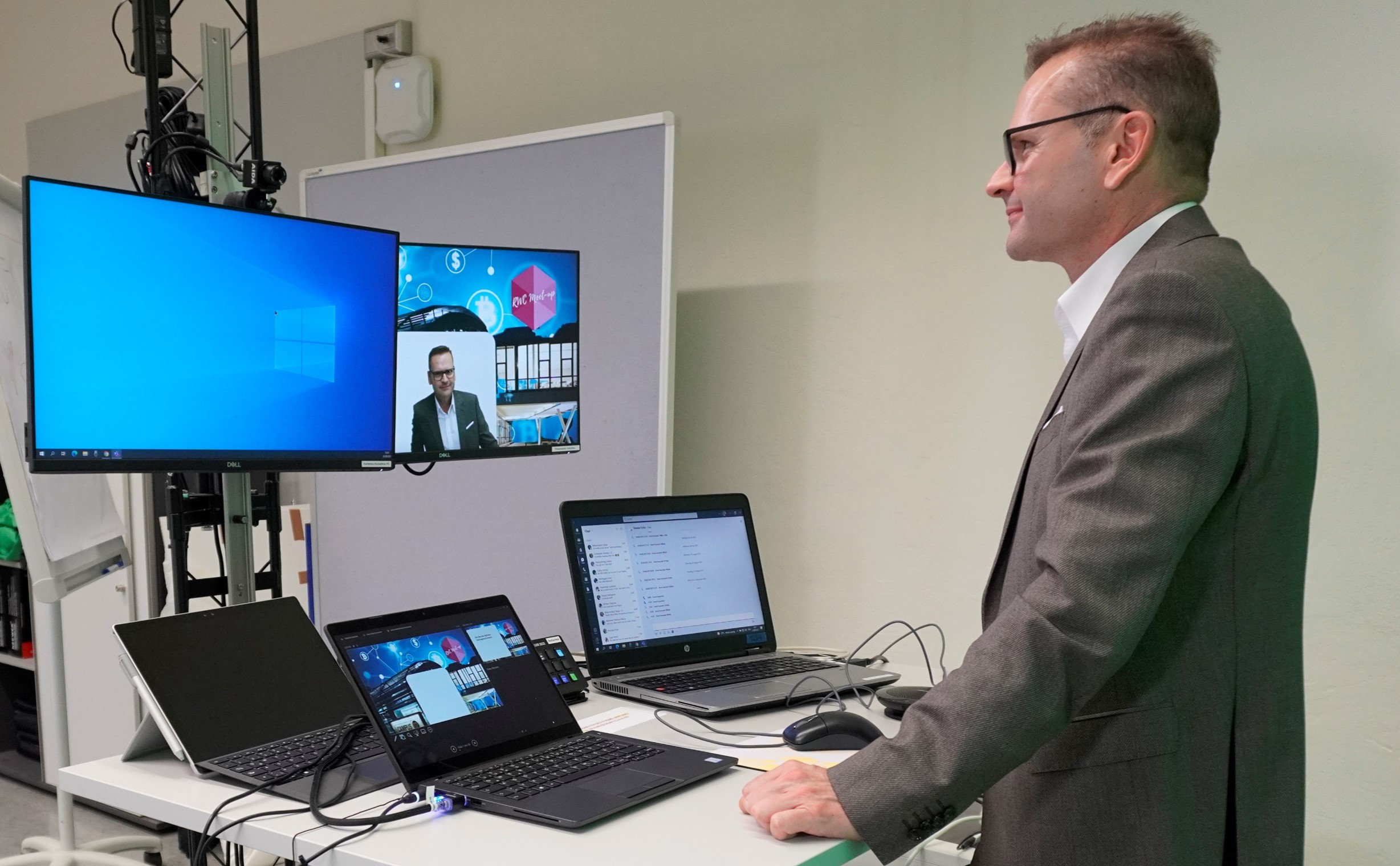
Wir arbeiten stetig daran, die Infrastruktur, die unseren Lehrenden für die Vorbereitung und Umsetzung innovativer Lehr- und Lernszenarien zur Verfügung steht, zu verbessern. So sind unsere Hörsäle mit zwei Monitoren, Soundsystem und Kameras optimal für Online- und Hybrid-Unterricht ausgestattet.
Viele unserer Lehrenden entwickeln innovative digitale Lehr- und Lernszenarien. Diese reichen von der reinen Online-Lehrveranstaltung bis hin zu Inverted Classroom-Modellen oder durch digitale Technologien angereicherte asynchrone Phasen.
Die Lernplattform moodle und hochschulweite Lizenzen für digitale Tools wie Padlet, Menti oder Kahoot unterstützen Lehrende dabei, ihren Unterricht mit Hilfe digitaler Technologien ansprechend und abwechslungsreich zu gestalten.
Auf der Webseite des Zentrums für Hochschuldidaktik und im monatlichen Newsletter werden Lehrende auf der Suche nach innovativen Lehr- und Lernmethoden und Tipps und Tricks zum Technologieeinsatz in der Lehre fündig.
Seit April 2024 ist die FH CAMPUS 02 Trägerin des Gütesiegels „Excellence in Digital Education“ der FIBAA. Dabei handelt es sich um ein innovatives Instrument zur Bewertung und Sicherung der Qualität des digitalen Lernens und eine eingetragene Marke in der Schweiz und der EU.
Bei der Verleihung dieses Siegels werden die Bereiche Strategie, Personal, Technik, Didaktisches Design und Qualitätssicherung unter die Lupe genommen. Besonders hervorgehoben wurden die klare strategische Ausrichtung, eine klare Vorgabe seitens der Hochschulleitung mit konkreten Maßnahmen und Zielen sowie die konsequente Umsetzung mit der Unterstützung des ZHD (Zentrum für Hochschuldidaktik) als Dreh- und Angelpunkt.
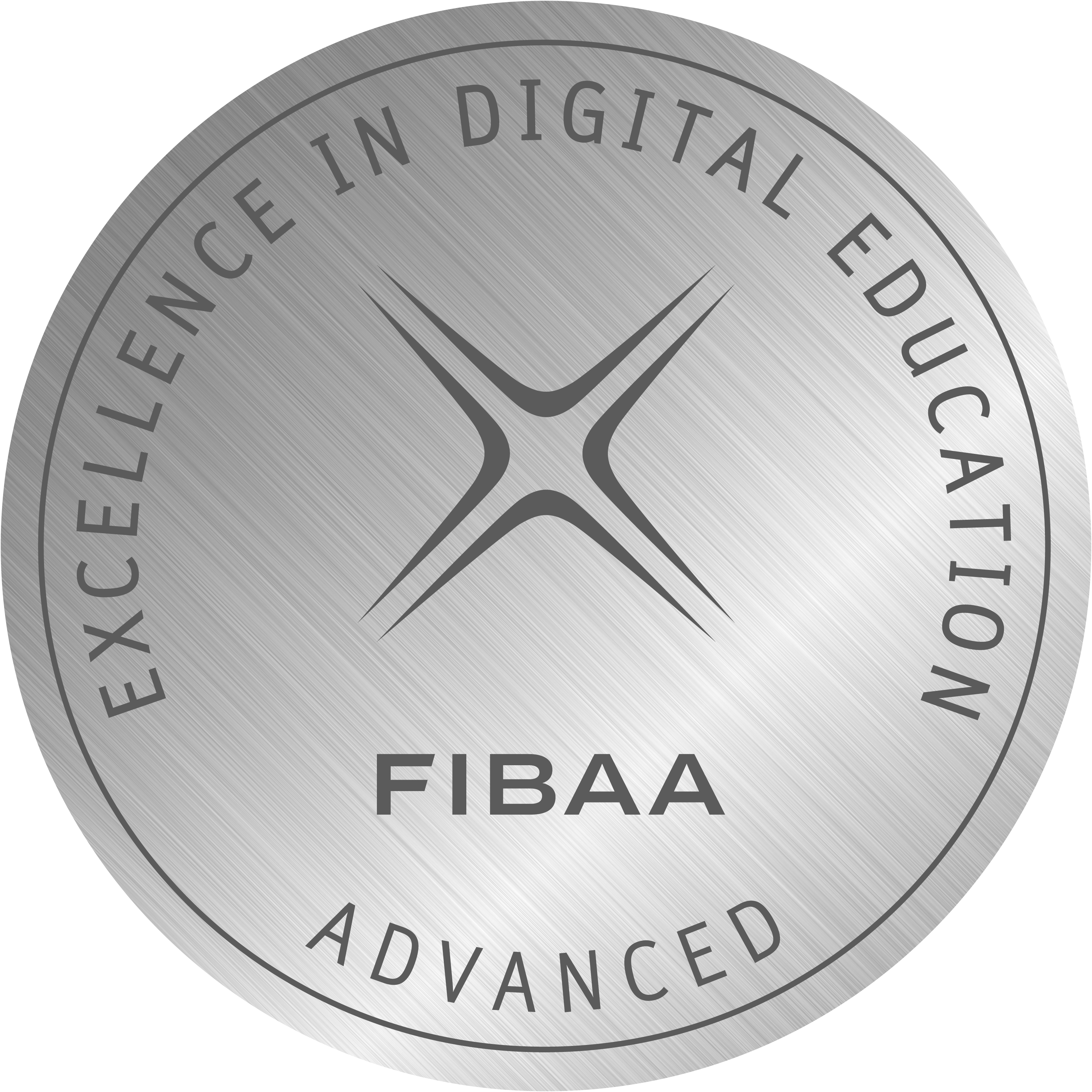
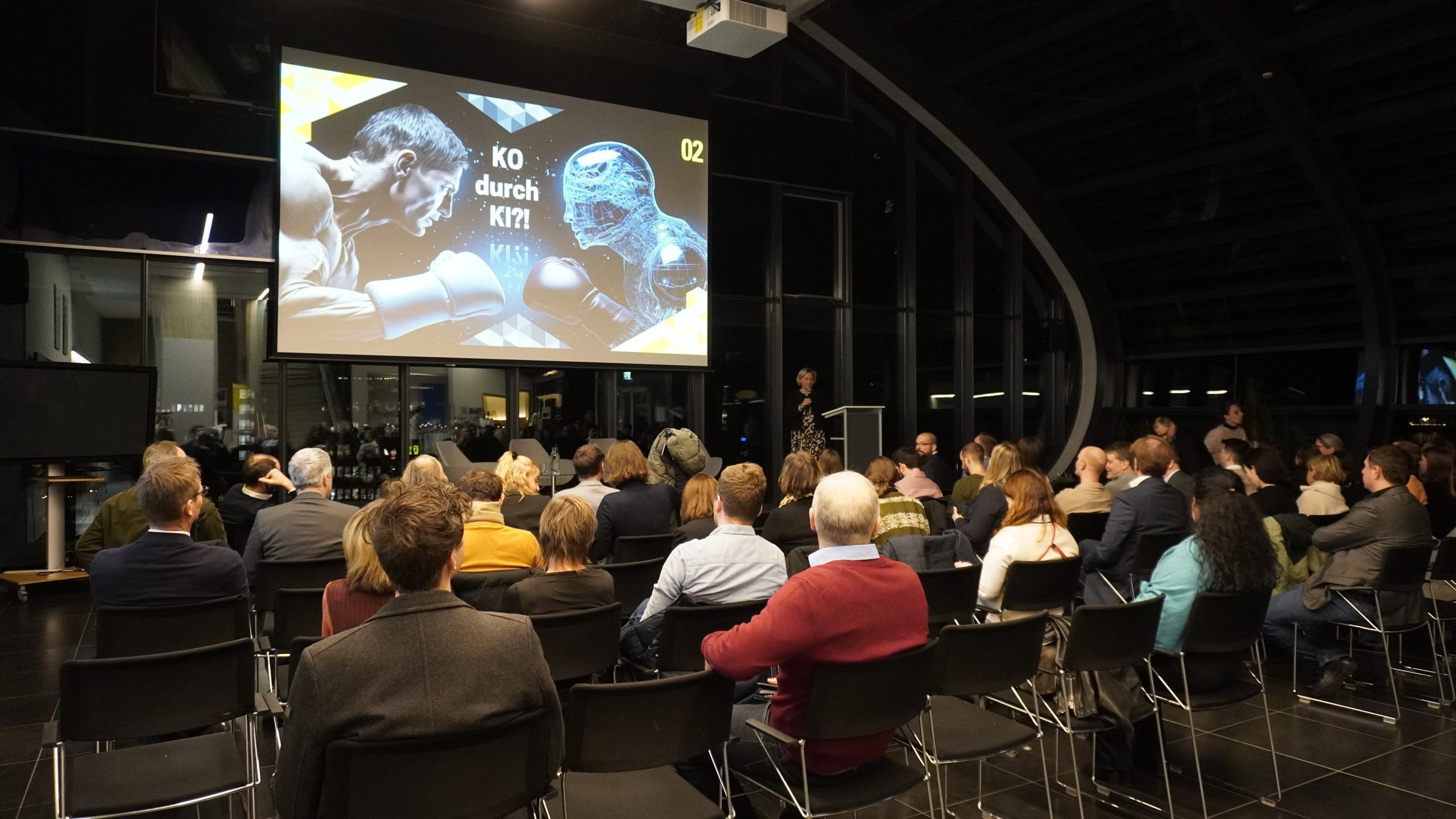
Die FH CAMPUS 02 bietet ihren Lehrenden vielfältige Möglichkeiten zur internen und externen Fortbildung und Vernetzung.
Die internen Ausbildungen zum Digital Education Practitioner oder Didactics Pioneer haben den lernzielorientieren Einsatz digitaler Technologien im Unterricht zum Inhalt.
Lehrende der FH CAMPUS 02 haben außerdem die Möglichkeit, das Programm eDidactics der steirischen Hochschulkonferenz zu absolvieren.
Veranstaltungen und Treffen zum Erfahrungsaustausch zu aktuellen Themen wie KI in der Lehre runden das vielfältige Angebot für unsere Lehrenden ab.
Unser Studio für Innovative Lehre (StIL) ist für verschiedene Lehr- und Lernszenarien ausgestattet und unterstützt die Lehrenden bei der Konzeption und Umsetzung innovativer digitaler Lehrmethoden:
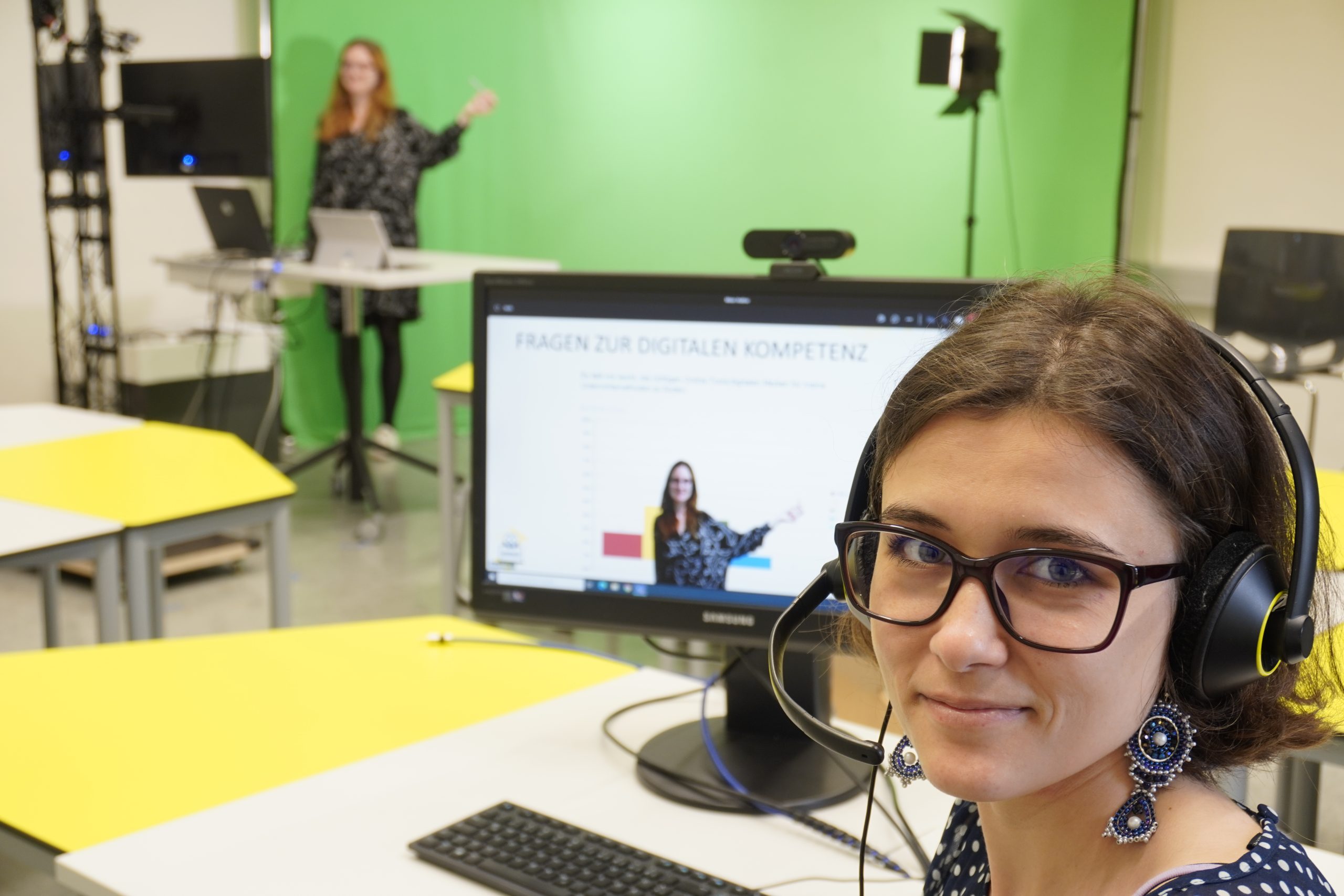
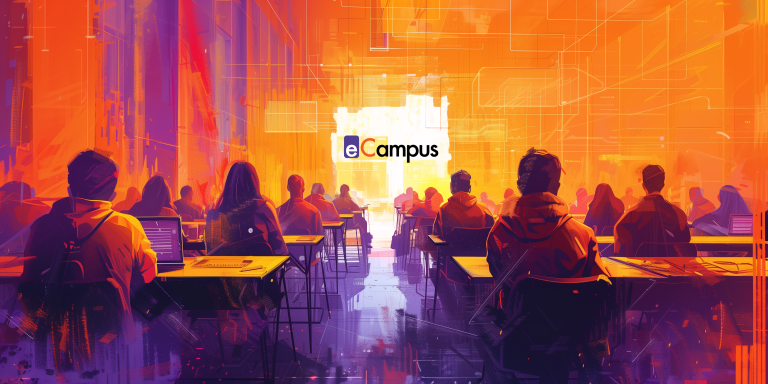
Der eCampus ist ein Projekt der Steirischen Hochschulkonferenz, das in Zusammenarbeit von FH CAMPUS 02, der Technischen Universität Graz und der Universität Graz konzipiert wurde.
Dieses eService ermöglicht es Lehrenden, sich selbstständig mit technologiegestützten Methoden und Szenarien für die Lehre auseinanderzusetzen. Es unterstützt individuelle Lernpfade und bietet Methoden und Szenarien, die von jeder*jedem Lehrenden an ihre*seine eigene Lehre angepasst werden können. Aufgebaut ist der eCampus dabei auf sogenannten Use Cases, welche ausführlich zeigen, wie man die eigenen didaktischen Ziele in Lehr-Lernszenarien durch den Einsatz von Technologie unterstützen kann.
Der eCampus bietet zusätzliche Services wie kostenlose Webinare und einen Newsletter.
Historically, automation technology has evolved considerably from its purely mechanical form, first through electrical engineering, then computer science and finally through comprehensive digitalisation.
This process is also addressed by the Department of Automation Technology, both in the development and ongoing updating of the curricula, as well as the methodological and didactic design of teaching and the continuous adaptation of the software tools used.
The new degree programme Smart Automation focuses on the digitalisation of the automation of products, production, and processes. The new laboratory facilities in the House of Automation are also dedicated to digitalisation, with an emphasis on robotics, rapid prototyping, the Internet of Things, and the Energy Analytics and Solution Lab.
The digitalisation of business models: often, well-known and time-tested business models are no longer current. The Department of Innovation Management focuses its current research on the digital transformation of existing analogue business models and the development of entirely new digital business models for companies. Additionally, work is being done on developing digital tools to support business model transformation. In this process, established tools for systematic innovation are adapted and synthesised, and entirely new tools are developed.
Digitalisation of innovation processes: Increasing digitalisation also has a far-reaching impact on innovation processes themselves. By analysing and evaluating new technologies and digital processes, new innovations can be generated in a targeted manner or existing solutions can be transferred to completely new sectors.
Das Department IT & Business Informatics repräsentiert in ihren Studiengängen und Weiterbildungsangeboten seit jeher die Gestaltung der Digitalisierung. Von Softwareentwicklung und Netzwerktechnik, als Basistechnologien der fortschreitenden Digitalisierung werden auch anwendungsbezogene Themen der Gegenwart und Zukunft vermittelt: Data Science als Grundlage vieler Internetgeschäftsmodelle aber auch in traditionellen Branchen heute und naher Zukunft ein kritischer Erfolgsfaktor. Darauf aufbauend die künstliche Intelligenz, deren Einsatz in vielen Geschäftsmodellen bereits etabliert und weiter stark an Bedeutung zunimmt. Abgerundet und ergänzt werden diese digitalen Kompetenzen durch Persönlichkeitsentwicklung und Management-Skills.
As part of the studies at the Department of Accounting & Controlling (RWC), the use of digital (online) tools is encouraged. Notably, courses are conducted in blended learning settings.
The practical projects anchored in the curriculum are carried out using digital project management tools. In terms of content, many projects focus on the ‘Digitalisation of accounting and controlling in SME practice’.
Of great importance for RWC graduates is the provision of excellent Excel skills tailored to the needs of the economy as well as sound training in common ERP systems such as SAP and BMD.
At the Department of Marketing & Sales, we place great importance on digitalisation in both teaching and research.
Digital content such as digital marketing, digital sales or special expertise such as SEA and SEO are taught in all study programmes, whether Bachelor's or Master's. The Master's Degree Programme in Digital Marketing Management focuses on the practice-oriented use of digital channels and builds an in-depth understanding of the digital transformation of companies.
In the area of research, the Marketing & Sales degree programme focuses on the digital economy. The aim of our researchers is to be pioneers, idea generators and trailblazers of the digital economy for businesspeople, researchers and students in Austria.

CAMPUS 02 University of Applied Sciences
Center for University Didactics
Körblergasse 126, 8010 Graz